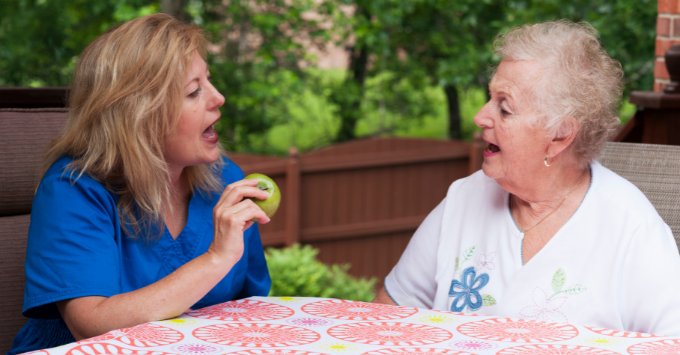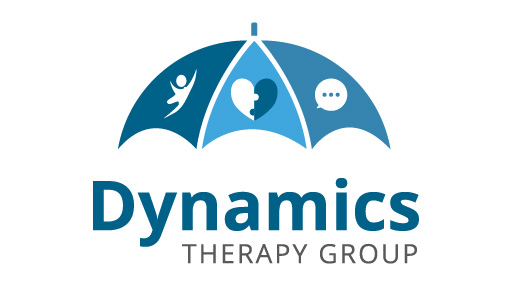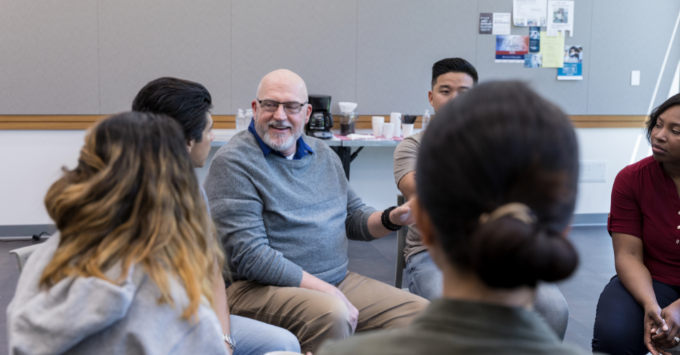
Parkinson’s Disease (PD) is a progressive neurological disorder that affects movement and most commonly presents itself as tremors, rigidity, slowness of movement, disturbed gait (walking) and poor coordination.
Symptoms are said to begin gradually, and may go unnoticed in the early stages. The cause of PD is still unknown, and many people with PD live between 10 and 20 years after being diagnosed.
Voice and speech difficulties can occur in individuals diagnosed with PD. They often report hypokinetic dysarthria, which has the following features:
· Imprecise consonants and articulation
· Reduced loudness
· Monopitch and reduced stress
· Short rushes of speech
· Inappropriate silence
· Difficulty initiating speech
· Breathy voice quality
Cognitive-communication difficulties usually occur in the later stages of PD.
· Executive dysfunction related difficulties (e.g., depression and emotional changes)
· Memory disturbance (Parkinson’s Disease Dementia)
· Attention
· Word Finding
· Micrographia (small and cramped handwriting)
Swallowing difficulty (dysphagia) is also common and expected to be reported in persons with PD due to reduced coordination and changes to the swallowing musculature. Dysphagia can manifest as the following:
· Difficulty chewing
· Inability to transport bolus
· Sensation of food stuck in throat (globus)
· Coughing or choking before, during or after swallowing
· Accumulation of saliva in the mouth and drooling
Speech Therapy can help manage PD related symptoms by:
- Identifying and diagnosing swallowing, speech and voice disorders as a result of PD
- Introducing you to other forms of communication (e.g., Augmentative and Alternative Communication) to help you stay connected with family and friends
- Teaching you strategies to maintain and maximize your communication
- Teaching you techniques and exercises that can improve your voice quality and loudness
- Recommending safe feeding options
Author: Leong Huimin, Speech Therapist




